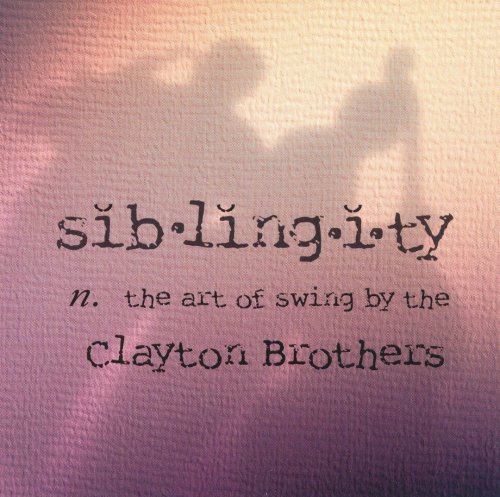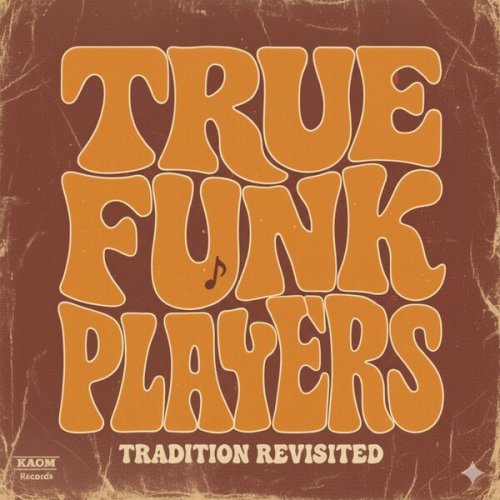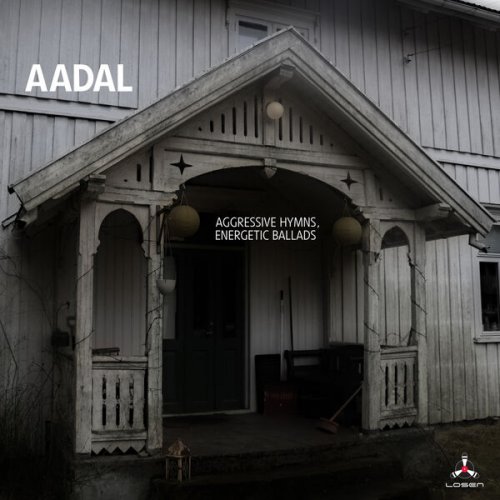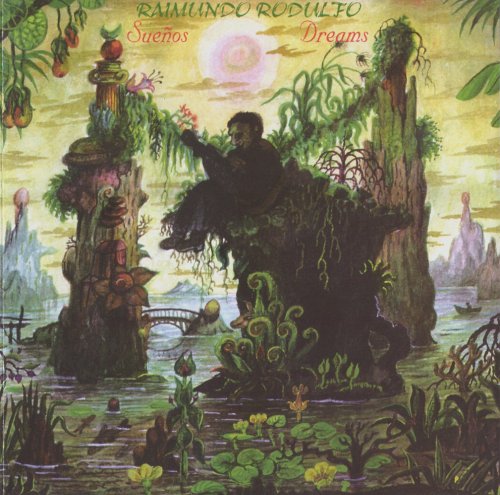The Clayton Brothers - Siblingity (2000)

Artist: The Clayton Brothers
Title: Siblingity
Year Of Release: 2000
Label: Qwest Records
Genre: Jazz
Quality: FLAC (image + .cue, log, artwork)
Total Time: 01:06:59
Total Size: 381 MB
WebSite: Album Preview
Tracklist:Title: Siblingity
Year Of Release: 2000
Label: Qwest Records
Genre: Jazz
Quality: FLAC (image + .cue, log, artwork)
Total Time: 01:06:59
Total Size: 381 MB
WebSite: Album Preview
01. Work Song / Blues On Parade [07:45]
02. Runway [04:57]
03. Filthy McNasty / Silver Worth Gold [07:40]
04. Entrez Vous [05:56]
05. Last Stop [06:10]
06. You Bossa Nova Me [07:04]
07. If This Isn't Love [03:35]
08. That Night [05:06]
09. Tricotism / The Bop Be Pops [04:29]
10. Save Yourself For Me [05:57]
11. Heavy Drama [08:14]
Brothers John and Jeff Clayton are very much in the Wynton Marsalis-originated school of revisionist jazz, which holds that the clock should be turned back to the 1945-1965 era of bebop, post-bop, hard bop, and cool jazz, with Ornette Coleman's free jazz innovations left out, and of course not a hint of fusion. On their fifth album, the brothers are joined by their regular pianist, Bill Cunliffe, and newly added trumpeter Terell Stafford, with drummer Jeff Hamilton (also of the Clayton-Hamilton Jazz Orchestra) rejoining. The inclusion of Stafford is crucial, since it makes the ensemble more of a traditional jazz group, led by two horns; his presence sometimes suggests the Miles Davis Quintet when it featured John Coltrane. Whereas Expressions, their last album, could have passed for a Jeff Clayton solo album, Siblingity sounds like the work of a band of equals. Another change is the greater number of original compositions, with one Clayton or the other taking at least a co-writing credit on ten of 11 tracks. They hedge their bets, however, often using jazz standards to frame and introduce their originals. This time, John Clayton Jr. has not been content to produce the record and remain in the background; he has some attractive arco playing, and naturally makes the most of "Tricotism," a bass showcase. As is so often the case with neo-traditionalists in any style of music, the listener is constantly reminded of the players who originated this style of music. And with the heroes of the past perpetually available on disc, the question remains, why not purchase something by Miles Davis or Cannonball Adderley for the same money and get similar music played by its originators? Maybe just because the Claytons are alive and working, and their musical evolution is still ongoing. Siblingity finds them stepping -- just barely -- forward from the traditions in which they are steeped, and they are the better for it. -- William Ruhlmann
![Dave Slonaker Big Band - Shifty Paradigms (2026) [Hi-Res] Dave Slonaker Big Band - Shifty Paradigms (2026) [Hi-Res]](https://www.dibpic.com/uploads/posts/2026-02/1771506144_eu5h6bbhmvwxe_600.jpg)


![Æthenor - Hazel (2016) [Hi-Res] Æthenor - Hazel (2016) [Hi-Res]](https://img.israbox.com/img/2026-02/21/u8vm4dsf9wrvmhpl4zso2e791.jpg)




